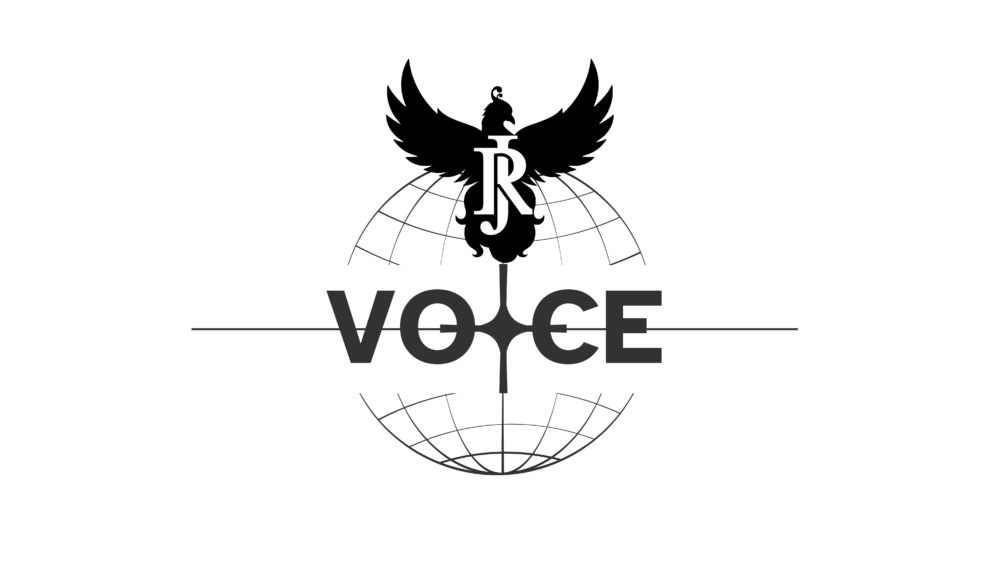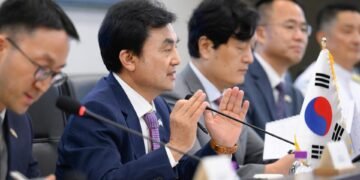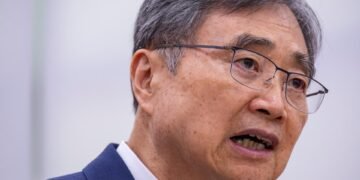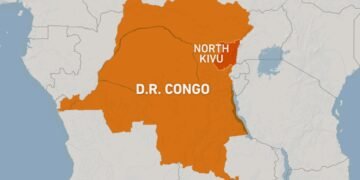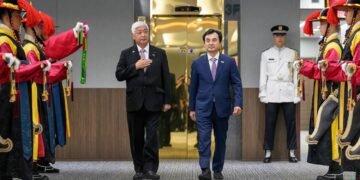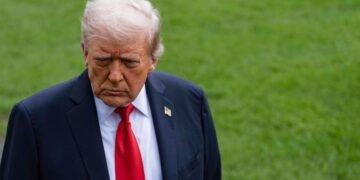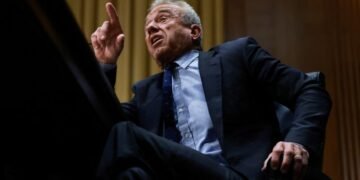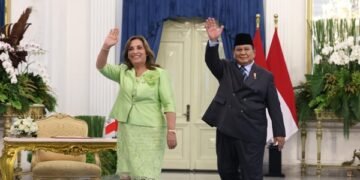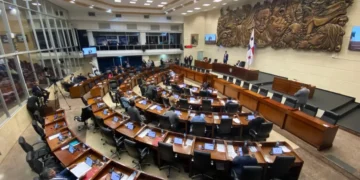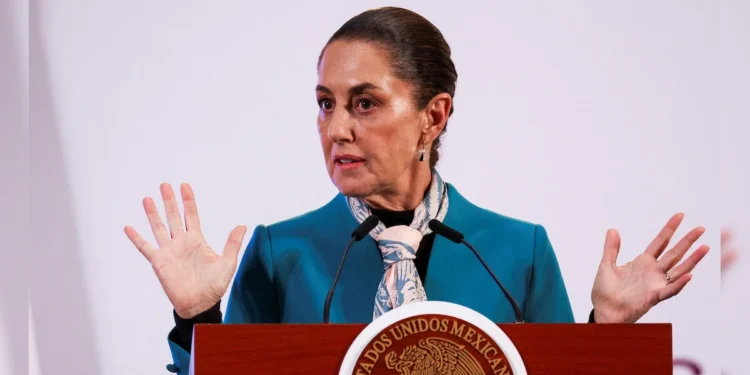In the face of escalating tariff threats from U.S. President Donald Trump, Mexico’s measured and diplomatic approach has garnered commendable results, reinforcing the nation’s economic stability and international standing.
Diplomatic Engagement and Strategic Negotiations
President Claudia Sheinbaum’s administration prioritised open dialogue and negotiation over confrontation. This strategy was evident when President Sheinbaum engaged in a direct conversation with President Trump, leading to a temporary suspension of the proposed 25% tariffs on Mexican imports. Sheinbaum expressed optimism, stating, “During this month we’ll be able to deliver good results for his people and the people of Mexico.”
Proactive Measures Addressing U.S. Concerns
Understanding the root of the tariff threats, Mexico implemented proactive measures to address U.S. concerns, particularly regarding migration and drug trafficking. The government deployed 10,000 National Guard troops to its northern border to curb illegal migration and the smuggling of fentanyl into the U.S.
Additionally, Mexico intensified its crackdown on drug cartels, leading to significant seizures and arrests. This collaborative effort aimed to dismantle the operations of organized crime groups responsible for trafficking narcotics across the border.
Economic Resilience Amid Global Uncertainty
Despite the looming threat of tariffs, Mexico’s economy demonstrated resilience. The U.S.-Mexico-Canada Agreement (USMCA) played a pivotal role in safeguarding Mexico from the broad tariffs imposed on other nations. Economy Minister Marcelo Ebrard highlighted this achievement, emphasising the importance of maintaining strong economic ties with the U.S.
However, the global economic climate remained volatile. The interconnected nature of the North American auto industry meant that disruptions in one country could have ripple effects. For instance, automaker Stellantis temporarily halted production at its Toluca plant as a precautionary measure amidst the uncertainty.
Broader Implications and International Observations
Mexico’s approach stood in contrast to other nations that faced similar tariff threats. While some countries opted for retaliatory measures, Mexico’s emphasis on negotiation and addressing underlying issues set a precedent for diplomatic conflict resolution. This strategy not only averted immediate economic repercussions but also strengthened Mexico’s position as a reliable trade partner.
The international community took note of Mexico’s handling of the situation. Analysts observed that Mexico’s actions could serve as a model for other nations navigating complex trade dynamics with larger economies.
Mexico’s “cool-headed” approach to President Trump’s tariff threats underscores the efficacy of diplomacy, proactive policy measures, and strategic economic planning. By addressing core concerns and fostering open communication, Mexico not only safeguarded its economic interests but also reinforced its role as a key player in international trade relations.
As global economic landscapes continue to evolve, Mexico’s recent experiences highlight the importance of adaptability, collaboration, and a steadfast commitment to mutual growth and stability.

